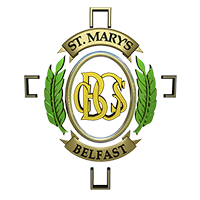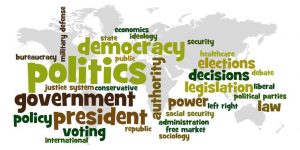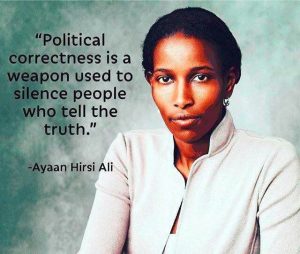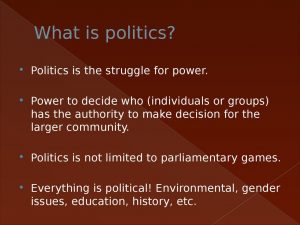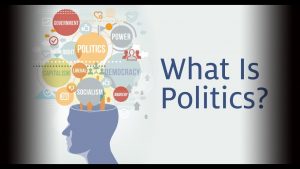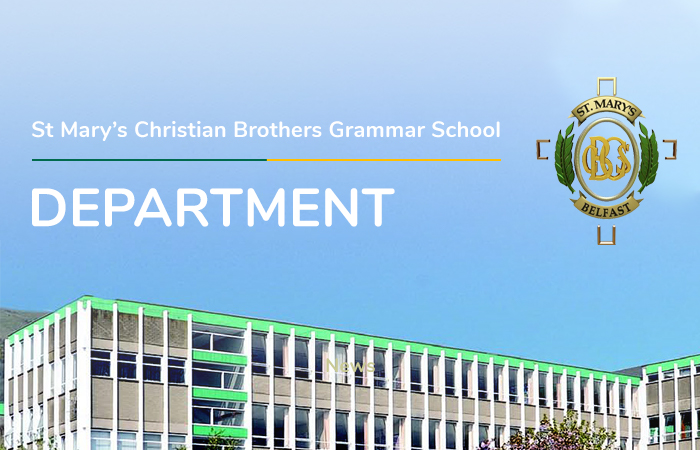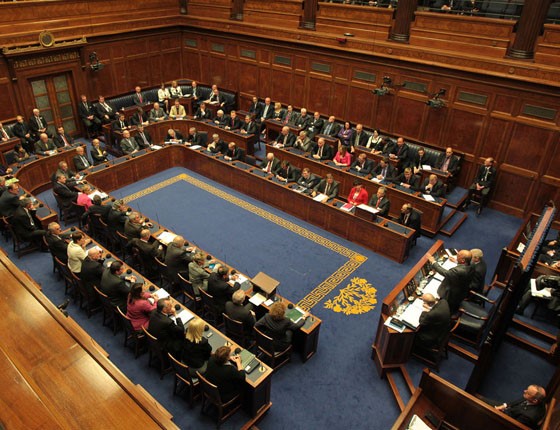
Politics
Teaching Staff

Click image to enlarge
Course Curriculum
Course Outline
GCSE Government & Politics
AIMS: Students will develop their understanding of the political world, both at home and abroad. You will develop a knowledge and understanding of a broad range of political concepts and topics, including the policies of different political parties, the rights and responsibilities of citizens and the role of the media. You will also explore a variety of organisations that operate on a global scale and learn how they respond to issues such as conflict resolution and migration. Furthermore, you will gain an insight into how the political process works and how decisions made in government affect us all.
THIS COURSE IS SUITABLE IF: You have a reasonably good level of literacy skills and an interest in current affairs. If you have an interest in and a flair for related subjects, such as history, it is likely that GCSE Government & Politics will be a good fit for you.
WHAT WILL I STUDY? In Year 11 you will study unit one: ‘Democracy in Action’. Topics include; political ideas and concepts; decision-making in a democracy, elections and voting in a democracy, political parties in a democracy, political information in a democracy and taking action in a democracy. In Year 12 you will study unit two: ‘International Politics
in Action’. Topics here include; interdependence, the European Union, conflict and its resolution, conflict resolution in practice – N. Ireland and migration.
HOW WILL I BE ASSESSED? Each of the two units are worth 50% of the overall GCSE qualification and both are assessed in a 1 hour 30 minute written examination. There is no controlled assessment for this GCSE.
WHAT SKILLS WILL I GAIN STUDYING THIS SUBJECT?
This qualification will help you gain valuable skills which will benefit you in everyday life and in any career path that you choose to follow. These include, for example:
- participating in debates and discussions;
- research;
- analysing data and different viewpoints;
- decision-making and problem-solving; and
- assessing the performance of the media and how it reports and influences public opinion.
PROGRESSION ROUTES AFTER THIS COURSE:
A qualification in Government and Politics can help prepare you for a career in government, law, business, finance, research, journalism, the media, charitable organisations, political research, political campaigning or public service. Successful students may also wish to progress to study A-level Government & Politics.
WHERE CAN I FIND OUT MORE?
Students can visit http://ccea.org.uk/government/ to find out more about this course, or alternatively speak to Mr. Tully.






